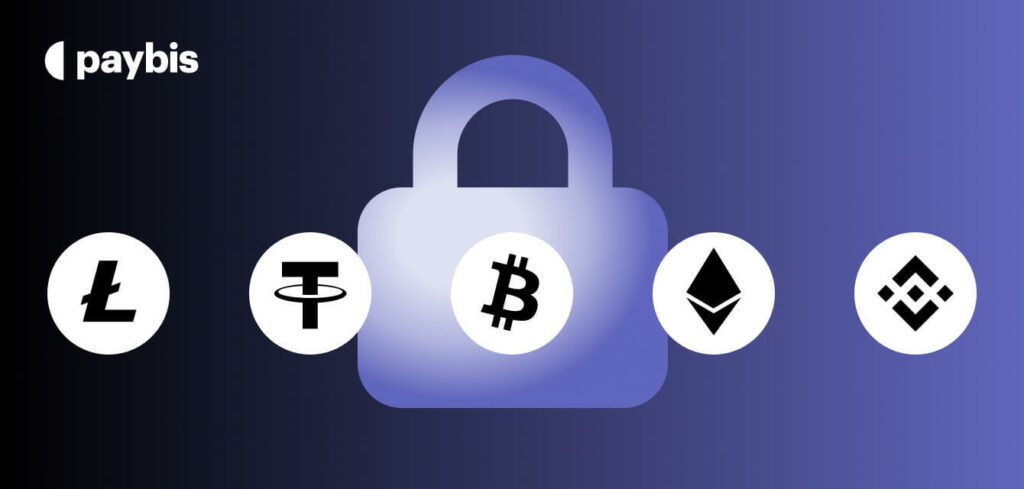Finality
Finality in blockchains is the time it takes for a block to be added to the blockchain and for it to be impossible to remove it. Once a block has been added to the blockchain and finalized, it cannot be altered
Table of contents
What is Finality?
Finality in blockchains refers to the irreversible confirmation of transactions or blocks on the network. Once a transaction or block achieves finality, it means that it is permanently recorded and cannot be altered or reversed.
Different blockchain networks may achieve finality through various consensus mechanisms, such as proof of work (PoW) or proof of stake (PoS), each offering different levels of certainty and speed in reaching finality.
How Does Block Finality Work?
Block finality occurs when a blockchain transaction is confirmed and added to a block, becoming irreversible. In proof-of-work (PoW) chains like Bitcoin, finality relies on the longest chain rule. In proof-of-stake (PoS) chains, such as Ethereum’s Casper FFG, finality is attained through validators confirming the chain’s validity after a set number of blocks.
What are the Types of Blockchain Finality?
The following are the types of finality used in the blockchain space:
- Probabilistic Finality: In probabilistic finality, transactions or blocks are considered finalized with a certain level of probability rather than absolute certainty. This probability typically increases over time as more blocks are added to the blockchain. Probabilistic finality is common in blockchain consensus mechanisms such as Proof of Work (PoW) and Proof of Stake (PoS), where there is a small chance of a chain reorganization or fork even after a block has been appended to the chain.
- Economic Finality: Economic finality in systems like Bitcoin happens when altering a transaction becomes too costly. As more computational power is needed to rewrite history, it deters attackers from tampering with confirmed transactions.
- Absolute Finality: Absolute finality ensures transactions are permanently unchangeable, vital for secure financial settlements.
- Unconditional Finality: Unconditional finality implies that once a transaction is confirmed, it is guaranteed to be permanent and cannot be undone under any circumstances.
- State Finality: State finality refers to the assurance that the current state of the blockchain, including the balances and data stored within it, is immutable and cannot be altered.
- Instant Finality: Instant finality means transactions or blocks are immediately confirmed and irreversible upon addition to the blockchain. Blockchains with this feature offer real-time settlement, ideal for high-speed transactions and instant settlement applications.
Importance of Block Finality in Blockchain Networks
Block finality is crucial in blockchains because it ensures:
- Irreversibility: Transactions become irreversible, preventing fraud and ensuring the integrity of the blockchain.
- Certainty: Users can trust that transactions are permanent and won’t be rolled back.
- Security: Finality prevents attacks like reorgs (reorganizations) and 51% attacks.
- Stability: The blockchain state is stable, and users can rely on its accuracy.
- Prevents forks: Finality ensures a single, canonical blockchain state, preventing forks and inconsistencies.
- Enhances trust: Finality builds trust among users, as transactions are guaranteed to be permanent.
- Supports scalability: Finality enables faster processing of new transactions, as the blockchain state is stable.
- Simplifies smart contracts: Finality ensures that smart contracts can execute reliably, without worrying about transaction reversals.
Block finality is essential for maintaining the integrity, security, and trustworthiness of a blockchain, enabling a robust and reliable decentralized system.
Disclaimer: Don’t invest unless you’re prepared to lose all the money you invest. This is a high‑risk investment and you should not expect to be protected if something goes wrong. Take 2 mins to learn more at: https://go.payb.is/FCA-Info


